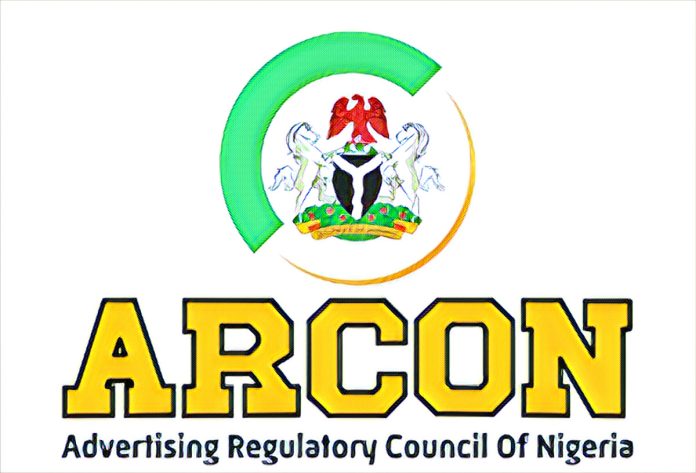The Nigerian government has issued a new directive that requires all advertisements aimed at the Nigerian market to be produced locally and feature only Nigerian models and voice-over artists. The directive is part of the government’s efforts to promote local talent, create jobs, and reduce capital flight.
The Advertising Regulatory Council of Nigeria (ARCON), the apex regulatory agency for the advertising industry, announced the directive in a press statement signed by its Director-General, Olalekan Fadolapo, on Monday. According to the statement, ARCON has the statutory mandate and power to enforce the directive stipulated by the Advertising Regulatory Council of Nigeria Act No. 23 of 2022.
The statement reads: “All commercials to be exposed to Nigerians should be produced in Nigeria. Create jobs for our youths, help grow and develop the support service sector of the industry, and circulate the money within the Nigerian advertising ecosystem.”
The statement also bans foreign models and voices in any advertisement targeted at the Nigerian market, except where it is inevitable. It states: “Nigerians should be considered primary in advertisements targeted at the Nigerian market. Foreign models and voices are banned except where it is inevitable. If you are selling your product to Nigerians, use Nigerians in your communication elements.”
ARCON also expressed its displeasure over some agencies’ violation of the industry’s credit policy, noting that their actions have led to industry debt and exploitation of media owners. It said: “Globally, the payment threshold is a policy in the advertising industry. Advertisers Association of Nigeria members have been offering Nigerian businesses a 120-day payment circle, thereby impoverishing the Nigerian advertising industry. These same advertisers prepay foreign media houses operating in Nigeria for media services.”
Fadolapo explained that the directive aimed to reposition the Nigerian advertising industry and make it more competitive and profitable. He said that some advertisers have taken advantage of the country’s huge market and resources without contributing to its economic development.
He said: “It takes a village to produce an advert. Sometimes, the cost of producing an advert can be as much as N500 million, depending on the magnitude of the advert. Now, these advertisers prefer to take this huge amount of money to South Africa, Kenya, or any other country, thus enriching that country’s economy.”
“However, they would bring back to Nigeria only a flash drive to expose the adverts through our media outlets, either television or whatever channel. What ARCON is saying is simple – the money used in producing these adverts abroad should be brought to Nigeria because they are making profits from their products in Nigeria, and they should also be able to employ the service of our own sound engineers, production managers and every other personnel that’s needed for any advert.”
Fadolapo also said that producing local adverts would create more opportunities for Nigerian youths with talents and skills in various aspects of advertising. He said: “Are these advertisers telling me that out of over 200 million Nigerians, they cannot get models here to lead roles in their adverts? Are they telling us that out of our population, there’s no one capable of voicing adverts?”
He added that ARCON would not relent in its efforts to reform and regulate the advertising industry in line with global best practices and standards. He said that ARCON had received the approval of the Minister of Information and National Orientation, Mohammed Idris, for the full implementation of the Advertising Industry Reform.
The directive has received mixed reactions from stakeholders in the advertising industry. Some have applauded it as a welcome development that would boost local content and creativity, while others have expressed concerns over its feasibility and impact on quality and diversity.
According to a report by Statista Market Forecast, ad spending in the digital advertising market in Nigeria is projected to reach US$254.70 million in 2023. The largest market is video advertising, which will have a volume of US$108 million in 2023. The report also states that in 2023, most ad spending will be generated through mobile devices.
The Nigerian government has been promoting various policies and initiatives to encourage local production and consumption of goods and services to diversify its economy and reduce its dependence on oil revenue. Some of these policies include banning or restricting imports of certain items, providing incentives for local manufacturers, and launching campaigns such as “Buy Made-in-Nigeria.”
The government hopes that enforcing local ad production will not only stimulate the growth of the advertising industry but also create a positive image for Nigerian products and services both locally and internationally.
Source: Punch Nigeria



